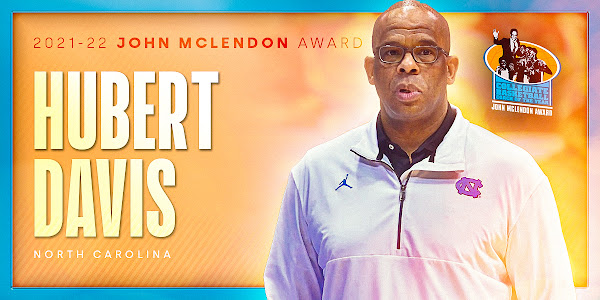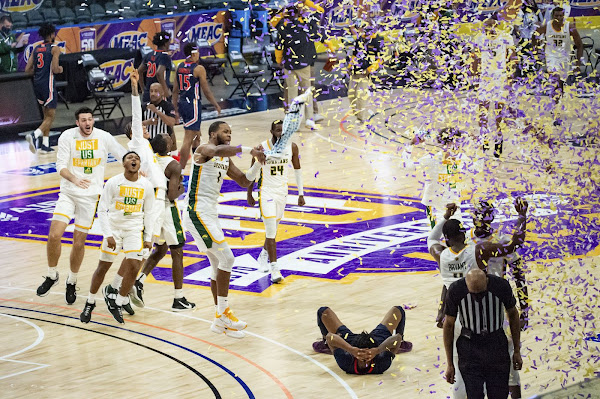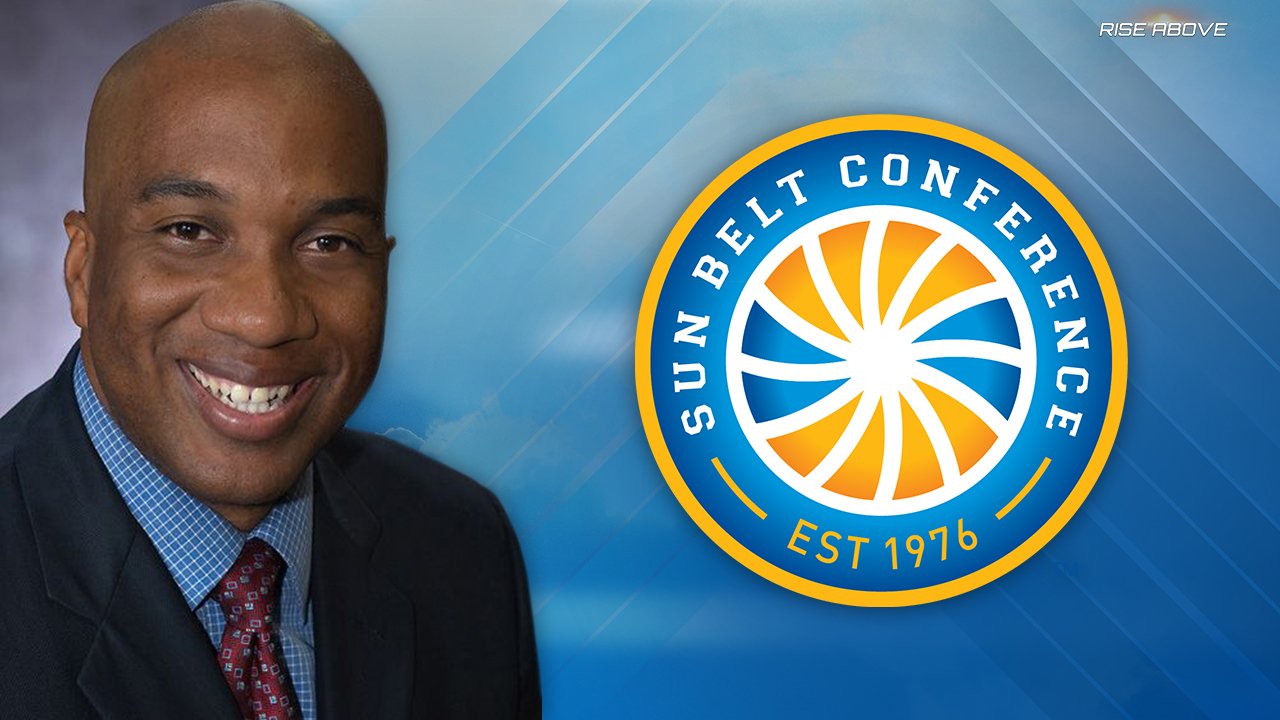On April 30, 2018 the Congressional Black Caucus (CBC), led by CBC Chairman Cedric L. Richmond (D-LA-02), sent a
letter to the National Collegiate Athletic Association, urging the organization to consider reforming its operating model since its current “state of play…may fail to properly serve a large component of the NCAA’s student-athletes.”
The letter follows Chairman Richmond’s launch last month of the
CBC NCAA Task Force and a staff-level meeting during the same month between the CBC and the NCAA. In the coming weeks, the CBC will bring experts to Capitol Hill to further explore a number of issues addressed in the letter, including whether student-athletes are truly given an opportunity to get an education, whether the NCAA is a monopoly, and whether student-athletes should benefit from a portion of the revenue they help generate.
In the letter, Chairman Richmond wrote, “The NCAA’s operating model has become a liability for the organization, its student-athletes, coaches, member institutions, alumni, and other important stakeholders. The model has invited serious litigation, under-the-table payments, questionable recruiting practices, and now a criminal probe by the Federal Bureau of Investigation. Our initial research has uncovered a number of items that we want to discuss with you. There are numerous issues that need further exploration by policymakers and by the public at large.”
Secretary Condoleezza Rice, the Chair of the Commission on College Basketball, and Bill Hancock, the Executive Director of the College Football Playoff, were copied on the letter.
Full text of the letter is attached,
online, and below.
April 30, 2018
Mark Emmert
President
The National Collegiate Athletic Association
700 W. Washington Street
P.O. Box 6222
Indianapolis, Indiana 46206-6222
Dear Mr. Emmert:
On behalf of the Congressional Black Caucus (CBC) and its NCAA Task Force, I write you today to urge you and the member institutions that you represent to seriously consider whether reforms to the operating model of the National Collegiate Athletic Association (NCAA) are needed. We are fans of college athletics and appreciate the competitive spirit and accomplishments of America’s student-athletes. That being said, the current state of play in the NCAA may fail to properly serve a large component of the NCAA’s student-athletes. We are encouraged that the Rice Commission has issued a series of important recommendations that, if adopted, could positively alter the current state of play. Given that the NCAA and its member institutions are now reviewing the report and its ideas for reform, the CBC views this as an opportune time to reflect on the fairness of the current approach.
Now that you have crowned new national champions in college basketball, it is imperative that you and your members consider the talents and labors that made these occasions possible. College basketball players and their achievements provide significant revenues for the NCAA and its members. If you add the revenues driven by the efforts of NCAA college football players, these two cohorts of student-athletes produce the overwhelming majority of college athletics-related revenue. Under this arrangement, these athletes also drive the revenues that pay for massive coaching salaries and for high-value investments in athletic facilities and playing fields. It is not an embellishment to say that these athletes drive the economics of the NCAA itself.
The NCAA’s operating model has become a liability for the organization, its student-athletes, coaches, member institutions, alumni, and other important stakeholders. The model has invited serious litigation, under-the-table payments, questionable recruiting practices, and now a criminal probe by the Federal Bureau of Investigation. Our initial research has uncovered a number of items that we want to discuss with you. There are numerous issues that need further exploration by policymakers and by the public at large.
Last month, the CBC formed an NCAA Task Force to study the NCAA’s operating model in order to determine whether policies are needed to ensure fairness in the relationship between student-athletes and the NCAA’s member institutions, including the economic well-being of the student-athletes. We will be performing extensive research, engaging in conversations, and bringing experts to Capitol Hill to explore these topics in further detail. We welcome your participation in a dialogue about the NCAA’s operating model, including your views on its benefits and shortcomings. We invite you and other important stakeholders to engage us in frank conversation in furtherance of our ultimate goal: thoughtful conclusions that we hope can bring about meaningful reforms if significant shortcomings are discovered.
We encourage you to engage us in a transparent exploration as we ask pertinent questions, including, but not limited to, the following:
1. Does the NCAA’s emphasis on “amateurism” promote student-athletes’ best economic, mental, physical and educational well-being?
|
2. Is the NCAA’s current operating model promoting economic and racial inequality in the United States of America?
|
3. Does the NCAA apply similar penalties for similar infractions across all members, including incidents at Historically Black Colleges and Universities?
|
4. Does the NCAA’s current operating model promote anticompetitive effects in the college athletics marketplace?
|
5. Does the current length of scholarships for student-athletes maximize learning opportunities for student-athletes?
|
6. Is the NCAA exercising monopolistic market power or creating a monopsony effect in the market for college football and basketball players?
|
7. Should the NCAA allow its student-athletes to benefit from a portion of the significant revenue that they help generate?
|
8. Does the NCAA offer sufficient opportunities for its student-athletes to support themselves economically outside of their role as student-athletes?
|
9. Does the NCAA’s current distribution of revenue add value to the delivery of educational services for a high percentage of member institutions?
|
10. Does the NCAA audit or monitor revenue distributions to member institutions to ensure that they are being utilized for their intended purposes?
|
11. Do university athletic departments operate with sufficient oversight and accountability?
|
| 12. Does the NCAA have a responsibility to its student-athletes after their time as an athlete concludes? |
13. How might changes to the NCAA’s operating model affect the ability of member institutions to finance NCAA sports programs that fail to generate sufficient revenue?
|
These are several of the many questions we will be asking relevant stakeholders in the weeks and months to come. We look forward to a dialogue with the NCAA and its leadership and invite you to come and meet with the CBC’s NCAA Task Force for an introductory conversation. We look forward to working with you to ensure that America’s student-athletes are well protected and provided for.
Sincerely,
Cedric L. Richmond
CC: Secretary Condoleezza Rice, Chair, Commission on College Basketball Bill Hancock, Executive Director, College Football Playoff



















